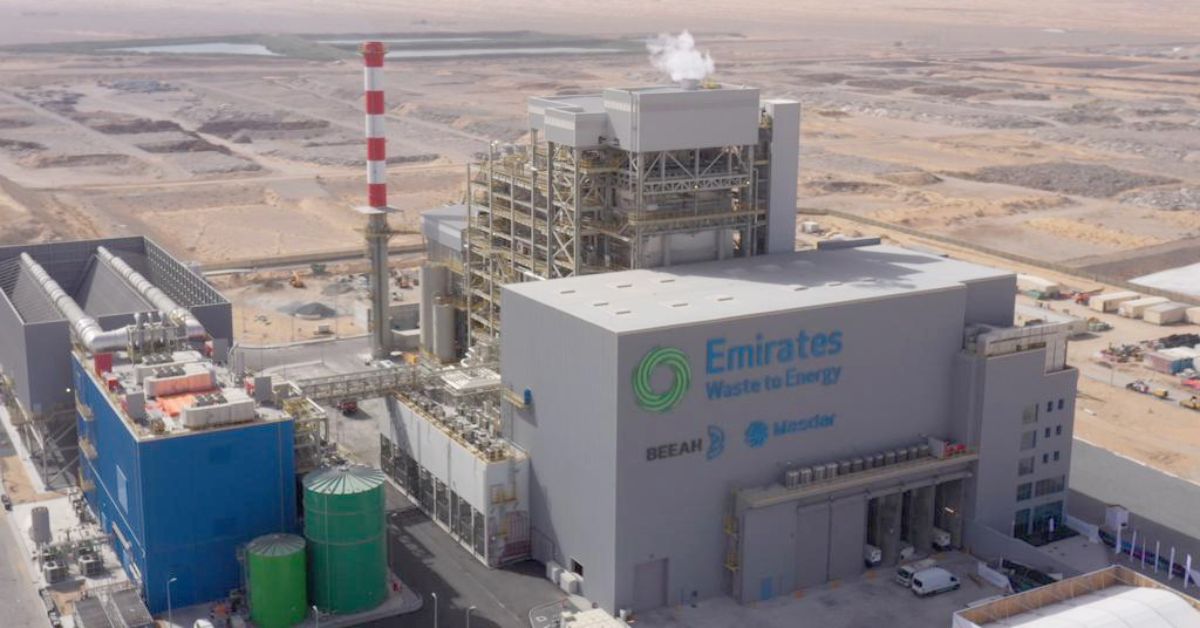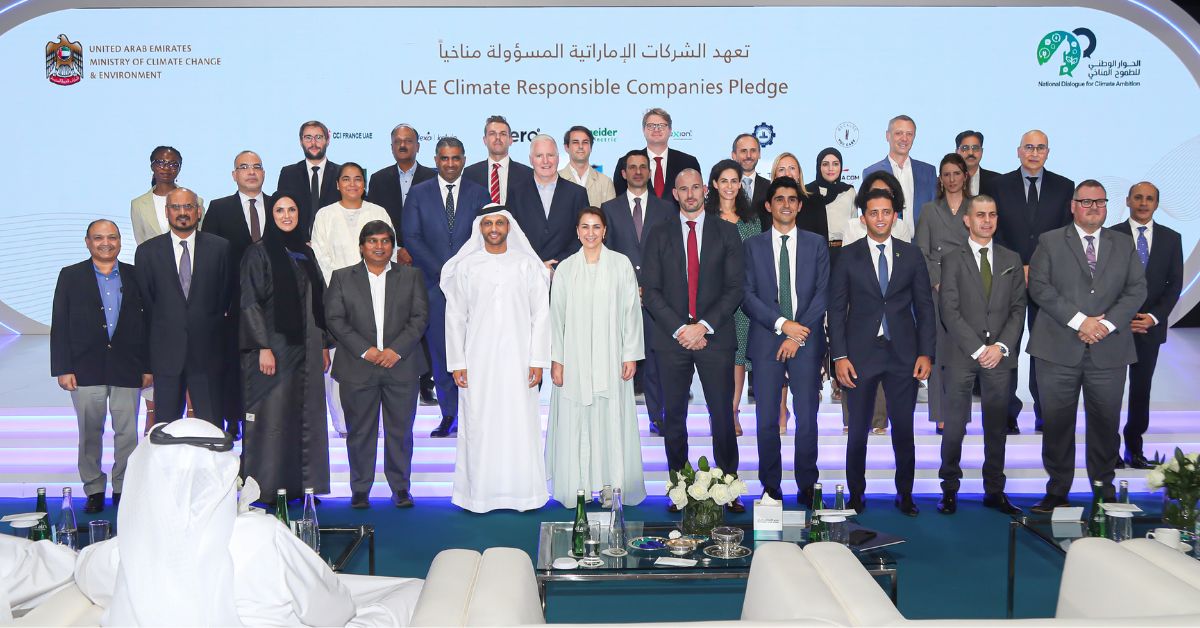DUBAI, UAE — The Middle East and North Africa (MENA) region boasts a rich history, diverse cultures, and impressive economic growth. Yet, the swift urbanization and development in this region have led to challenges like environmental degradation, social inequality, and governance issues. Consequently, there’s a growing consensus that MENA countries should integrate Environmental, Social, and Governance (ESG) principles into their urban regeneration strategies. This integration will ensure sustainable and inclusive growth for future generations.
Recent research by Strategy& Middle East, a part of the PwC network, underscores the need for urban regeneration across the region. Unplanned or ‘informal settlements’ are on the rise, with 40% of the populations in Cairo and Makkah residing in such areas. Emissions from new construction and ongoing building operations account for 37% of energy-related emissions and 34% of global energy demand.
Karim Abdallah, Partner with Strategy& Middle East, noted, “As recently as 2018, about 31 percent of urban dwellers in the Arab world lived in deteriorating neighborhoods. Our analysis estimates a US$500 billion cost to regenerate 15 densely populated cities in countries like Saudi Arabia, the UAE, Qatar, Egypt, Iraq, Syria, and Jordan. This capital infusion and urban planning can transform the lives of millions, directly or indirectly.”
While economic growth has its benefits, hasty and unplanned urbanization can lead to issues ranging from urban sprawl and decay to displaced communities and overlooked cultural and historical sites. ESG principles offer a comprehensive framework to tackle the multifaceted challenges stemming from rapid urban development.
Benefits of ESG Integration Sustainability: ESG principles lead to more sustainable urban development, conserving resources and reducing cities' carbon footprints. Resilience: ESG-driven regeneration strengthens city resilience against challenges like climate-related disasters. Economic Growth: ESG considerations can attract sustainable investments, spurring economic growth. Social Cohesion: Urban regeneration projects that prioritize social equity foster community and social cohesion. Global Recognition: Successfully integrating ESG principles can elevate a country's global diplomatic and economic standing.
The Strategy& report highlights ongoing urban regeneration efforts in the Middle East, such as Jeddah’s Al Balad district and downtown Sharjah in the UAE. These initiatives need to balance improvement without gentrification, meet housing demands while preserving neighborhood aesthetics, and boost socio-economic conditions while protecting historical heritage.
Urban regeneration should rejuvenate old districts to enhance the quality of life and economic opportunities. It should also be financially feasible for the government agencies, developers, and financial institutions backing these projects.
An ESG-based strategy can align programs with the increasing ESG compliance demand from investors and banks, unlocking more investment and financing opportunities. The report states that in 2021, over $1.6 trillion in sustainable debt was issued, with a third linked to ESG targets. Reviving decaying districts through an ESG-based strategy can replenish housing stock, commercial space, and bolster tourism development.
Charly Nakhoul, Partner with Strategy& Middle East, commented, “When tied to ESG principles, urban regeneration becomes a potent tool to address regeneration challenges. Sustainability is crucial, whether discussing infrastructure, construction, or energy efficiencies.”

Countries like Bahrain, Saudi Arabia, and the UAE have unveiled net-zero strategies, emphasizing the importance of preserving social fabric and community engagement. Fady Halim, Partner with Strategy& Middle East, stated, “Urban regeneration is essential for managing the MENA region’s population growth. By adopting a ‘LIFE’ approach that integrates ESG principles, we can achieve sustainability, socio-economic, cultural, and quality of life goals. These results will offer better life opportunities, nurture communities, and incentivize continuous urban revival.”
Sustainable financing
For GCC countries to attain sustainable financing and inclusive socio-economic development, they should embed ESG principles in the L-I-F-E phases of urban regeneration:
Learn (and listen): Projects should start by understanding the socio-economic, cultural, and historical characteristics of an area and its community’s needs. Effective stakeholder communication is crucial.
Integrate: ESG principles should be woven into every project phase, from initial discussions to long-term asset management.
Fix: ESG targets and key performance indicators should be set to make the commitment tangible and measurable.
Earn: Stakeholders should reap the benefits of their actions, from improved quality of life for community members to returns on investment for sponsors.
For regional governments, urban regeneration is both a social and economic necessity. Their national security hinges on maintaining cohesive societies and empowering individuals. ESG principles, centered around transparency, fairness, integrity, and inclusion, are vital for successful urban regeneration projects. The L-I-F-E phases offer a robust roadmap for building sustainable urban futures.








